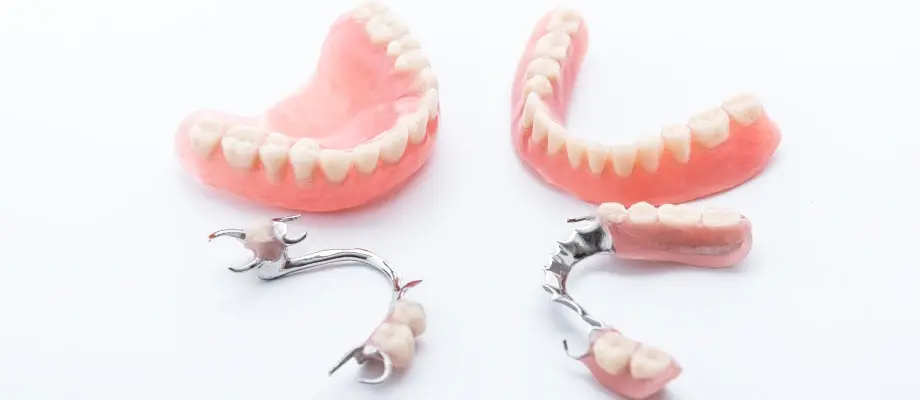Introduction
Dentures play a crucial role in restoring the function and aesthetics of your smile. However, when dentures become uncomfortable or don’t fit properly, they can cause significant discomfort and impact your daily life. This blog provides guidance on what to do if you experience issues with your dentures.
Understanding Denture Fit and Comfort
Dentures are designed to fit snugly over your gums, providing a comfortable and secure fit. However, various factors can affect how well they fit and feel. Common reasons for discomfort or poor fit include changes in the shape of your gums, natural wear and tear, or an improper initial fit.
Signs That Your Dentures Don’t Fit Properly
- Persistent soreness or irritation
- Difficulty chewing or speaking
- Dentures that move or shift in your mouth
- Pressure sores or blisters on the gums
- Changes in your bite or the alignment of your teeth
Immediate Steps to Take
Removing Dentures
If your dentures are causing significant discomfort, remove them to prevent further irritation. Give your gums a break and allow any sore spots to heal.
Cleaning and Maintenance
Keeping your dentures clean is essential to prevent infections and sores. Rinse your dentures after meals, brush them daily with a denture brush and mild cleanser, and soak them overnight in a denture solution.
When to Contact Your Dentist
It is crucial to seek professional advice if your dentures are causing discomfort. Contact your dentist immediately if you experience severe pain, notice significant damage to your dentures, or if your discomfort persists despite home remedies.
Professional Solutions for Denture Discomfort
Denture Adjustments
Minor adjustments by your dentist can significantly improve the fit and comfort of your dentures. During an adjustment appointment, your dentist will identify pressure points and make the necessary modifications to ensure a better fit.
Relining Dentures
Relining involves adding material to the inside of your dentures to improve their fit. This process can be either soft or hard:
- Soft Relining: Suitable for sensitive gums, providing a cushion-like layer.
- Hard Relining: Offers a more permanent solution by reshaping the denture base.
Denture Rebasing
Rebasing involves replacing the entire acrylic denture base while keeping the existing teeth. This option is considered when the base material becomes worn out but the teeth are still in good condition.
Replacing Dentures
If your dentures are old or severely damaged, it might be time for a new set. Signs that you need new dentures include significant wear, recurring discomfort, and visible damage.
Preventive Measures
Regular Dental Check-Ups
Regular dental check-ups are essential to monitor the fit and condition of your dentures. Your dentist can identify potential issues early and make necessary adjustments. For those in the Hornsby area, consider visiting Hornsby Family Dental Care for professional care and maintenance of your dentures in Hornsby.
Proper Care and Maintenance
Maintaining good oral hygiene and proper denture care can prevent many common issues. Follow a daily cleaning routine, including brushing and soaking your dentures, to keep them in good condition. Store your dentures properly when not in use to avoid damage.
Dealing with Common Issues
Sore Spots and Irritation
If you experience sore spots or irritation, try home remedies such as rinsing with warm salt water and using over-the-counter pain relief gels. If the problem persists, consult your dentist for professional advice.
Difficulty Chewing or Speaking
Practice speaking slowly and clearly to adjust to your dentures. Start with soft foods and gradually introduce harder items as you become more comfortable. Avoid sticky or hard foods that can dislodge or damage your dentures.
Conclusion
Caring for your dentures and addressing any issues promptly can ensure they remain comfortable and functional. If you experience discomfort or poor fit, follow the steps outlined above and seek professional help when needed.
Keep an eye for more news & updates on TimesAnalysis.Com!



